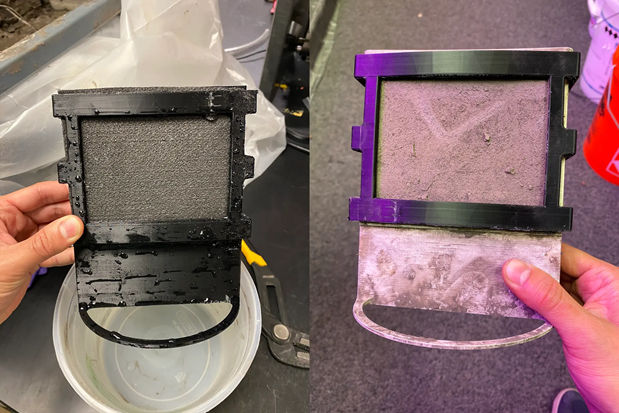A Northwestern University team has demonstrated a remarkable new way to generate electricity, with a paperback-sized device that nestles in soil and harvests power created as microbes break down dirt – for as long as there’s carbon in the soil.
Microbial fuel cells, as they’re called, have been around for more than 100 years. They work a little like a battery, with an anode, cathode and electrolyte – but rather than drawing electricity from chemical sources, they work with bacteria that naturally donate electrons to nearby conductors as they chow down on soil.

